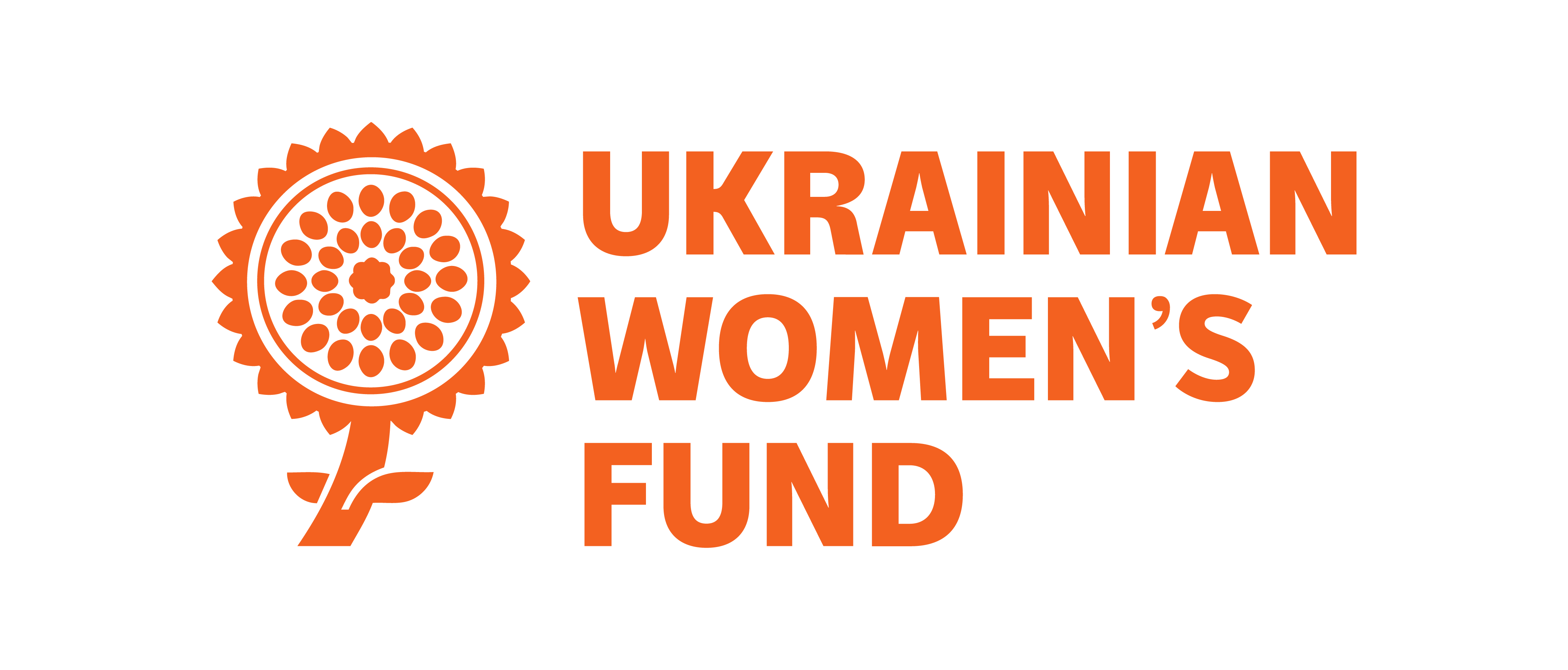“Historically, the private rental sector in Ukraine has been relatively small. According to the State Statistics Service prior to the full-scale invasion, renters made up around 4% of the population. Due to the war, the destruction of housing and forced displacement, more and more people are forced to look for rental accommodation – so both demand and challenges have increased,” explains Anastasia Bobrova.
The rental housing market in Ukraine remains largely under-researched, unregulated, and is still predominantly based on informal agreements between landlords and tenants. The absence of standards for housing quality and rental pricing has led to a situation where, in western regions of the country, rental prices surged at the onset of the full-scale war and have remained high ever since.
“That’s why we decided to launch communication campaigns in three cities where the demand for rental housing has significantly increased – Lviv, Ivano-Frankivsk and Chernivtsi. Their goal was to raise awareness about rights and responsibilities in the rental sector. We placed particular emphasis on the importance of transparent, fair, and non-discriminatory conditions — especially the need to eliminate gender-based bias. The key objective was to deliver essential information to tenants, landlords, and vulnerable groups about their rights, opportunities, and the rules governing the rental housing market in the context of European integration,” says Anastasia Bobrova.
The key tool for communicating this information is the “Legal Guide to Housing Rental”. It provides answers to fifty-two questions related to housing rental, including what must be in the rental agreement, in what cases eviction is possible, whether the landlord has the right to come unannounced, what should be clarified before renting out a property, and much more.
“Due to the low level of regulation in the rental sector, there are still various myths. For example, that the agreement must be notarised, which is not the case. It is enough for both parties to sign the rental agreement, and it will be valid. “This document can be used to go to court in case of violations,” says Anastasiia Bobrova. “There are also discriminatory practices in the private rental sector. They may be related, for example, to the presence of children. As a result, it can be much more difficult for women raising children on their own to find accommodation. Therefore, increasing the security of rental housing will also have an impact on increasing women’s housing security. It can also be difficult for internally displaced people to find housing. Landlords often ask about residence registration, or upon learning that someone has IDP status, they refuse to rent to them. This issue existed before 2022, but it has become more acute with the expansion of the rental sector following the full-scale invasion.”
The information was disseminated through Facebook, outdoor advertising in public transport, publications in online media and on the Cedos website, including a presentation and a blog about renting housing. The total outreach of the three campaigns amounted to nearly three million people.
In many countries, socially affordable housing operates alongside the private rental sector, with landlords being municipalities or private providers of social housing. This helps balance the market. Ukraine has already committed to establishing a system of social rental housing. A housing sector reform is currently underway, aimed at introducing municipal rental options. Following best European practices, we should see the emergence of a non-private — rather, municipal — rental sector in Ukraine, which will also help to regulate the commercial rental market,” says Anastasia Bobrova.
In 2024, the Tenants Union of Ukraine was also established in Ukraine, and its representatives asked Cedos to use the Legal Guide to Housing Rental in their work.
“Following the communication campaigns, more and more organisations have begun using the guide. It is being actively picked up and integrated into new projects. The response has been immediate and tangible,” concluded Anastasiia Bobrova, Director of the independent analytical centre Cedos.
Ukraine’s rental housing market has expanded, but it remains poorly regulated and vulnerable to discriminatory practices. Cedos’ initiatives help inform citizens about their rights, enhancing legal and social protection — particularly for women and internally displaced persons. This is a crucial step towards a transparent, fair and European approach to housing rental.
The material was produced in framework of the Action “Network of gender think tanks: capacity development for advanced policy design, impact assessment, strategic advocacy, and specialized policy communications” implemented by the Ukrainian Women’s Fund with the support of the European Union. Contents of the publication are the sole responsibility of UWF.

